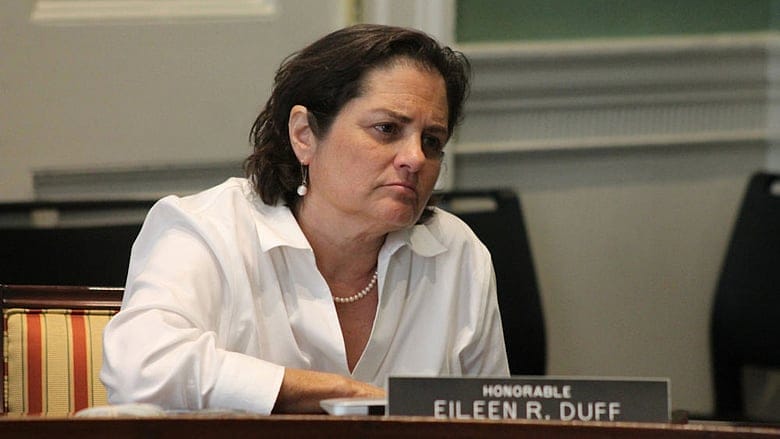State Auditor Candidate Grilled Judge Nominee On Religion, Said She Has Seen Catholic Faith ‘Actually Interfere With People’s Judgment’

A Democratic candidate for Massachusetts state auditor once asked a judicial nominee probing questions about his religious faith and described the Roman Catholic Church as a discriminatory organization.
Eileen Duff, a member of the Governor's Council, asked the questions in October 2016 of James Gavin Reardon Jr., who at the time was a civil and criminal defense lawyer seeking a judgeship, during a confirmation hearing.

